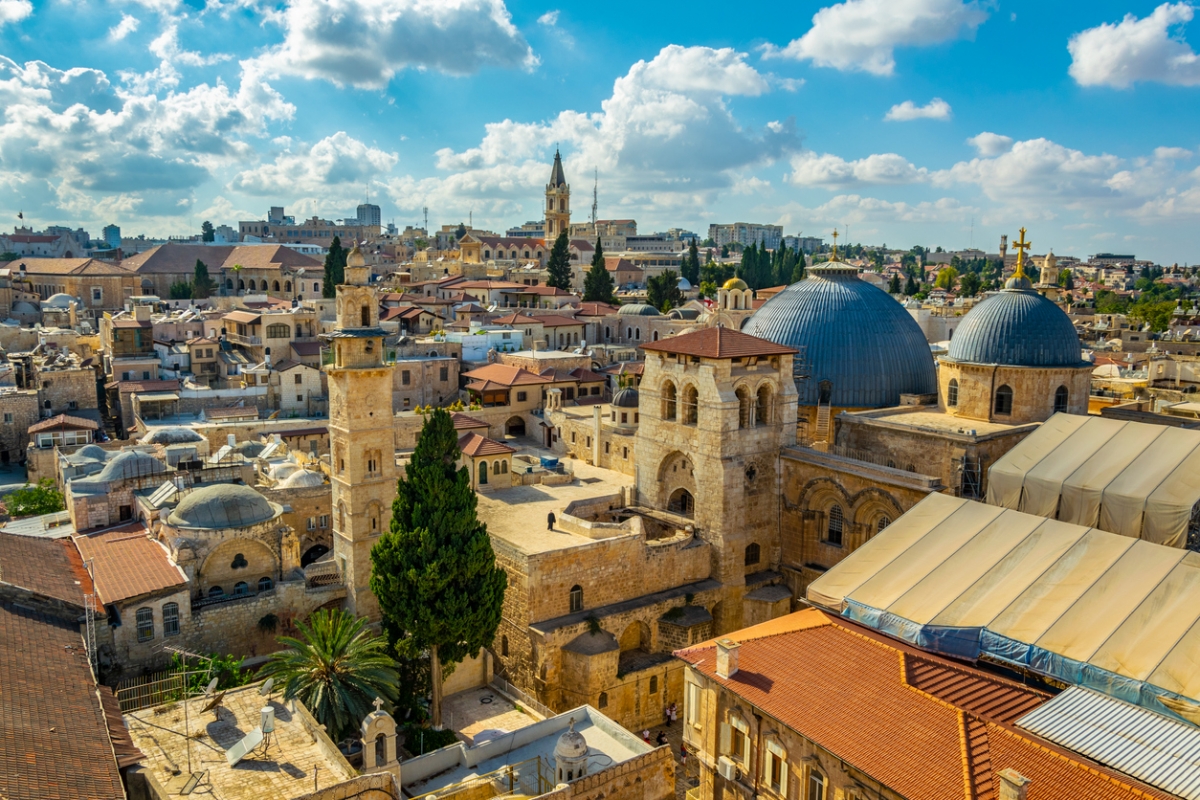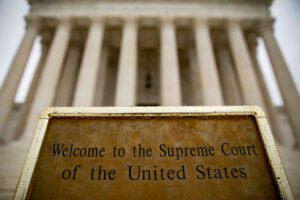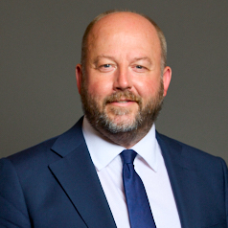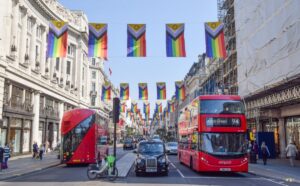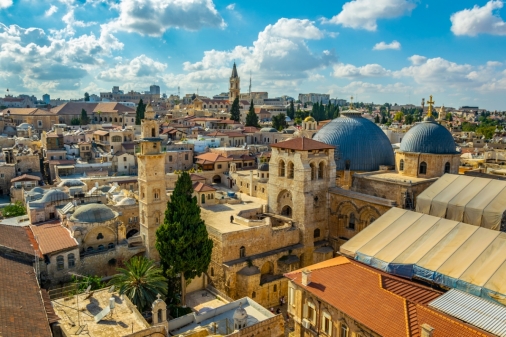
(Photo: Getty/iStock)
As tensions continue to rise in the West Bank, the struggles faced by everyday people have become a pressing issue. Bishop William Shomali, Patriarchal Vicar for Jerusalem and Palestine, recently highlighted the plight of both Christians and Muslims at a cross-party event in the UK Parliament this week.
During his visit to Britain, Bishop Shomali emphasized the economic hardships exacerbated by the conflict. He refrained from engaging in political debates over the conflict’s rights and wrongs, choosing instead to focus on the humanitarian crisis taking place.
With unemployment affecting half of the Palestinian population, the bishop noted the severe impact of halted work permits. “Before the war, 160,000 Palestinians worked in Israel, bringing home millions of shekels daily. After the war on October 7th, work permits were stopped except for a tiny number,” he explained.
The bishop shared that he receives regular pleas from Christians in Bethlehem, not for aid, but for permission to work. “I receive calls almost every day from Christians in Bethlehem asking, not for money or food, but for work permits. It saddens me to answer that we are not allowed more. After a week, the same people write again, desperately asking for the same permits,” he said.
Though his church can provide 300 work permits, the need far exceeds this provision. Other churches are similarly limited in their capacity to help.
Checkpoints established by Israel to deter terrorism have further complicated daily life. These barriers, intended to enhance security, often result in significant delays for residents.
“Many sick people miss their appointments in Jerusalem hospitals due to delays or lack of permits. Additionally, flying checkpoints appear unpredictably, further complicating travel,” Bishop Shomali noted. A journey that should take two hours can extend anywhere from three to eight hours due to these checkpoints, he added.
The bishop urged for leadership reminiscent of historical figures like Egyptian President Anwar Sadat and Israeli Prime Minister Yitzhak Rabin, who once pursued peace in the region despite great risks.
“When President Anwar Sadat came to Jerusalem, he delivered a historic and powerful speech, advocating for peace between Egypt and Israel. Against all odds, it was achieved,” he recalled.
He also spoke of Rabin’s efforts: “Similarly, Israeli Prime Minister Yitzhak Rabin, after years of conflict with neighbouring Arab nations, sought to establish peace with Jordan. Once again, peace was secured.”
Both Sadat and Rabin were tragically assassinated by extremists from their own communities, highlighting the dangers faced by those who strive for reconciliation.
This article was originally written by www.christiantoday.com

